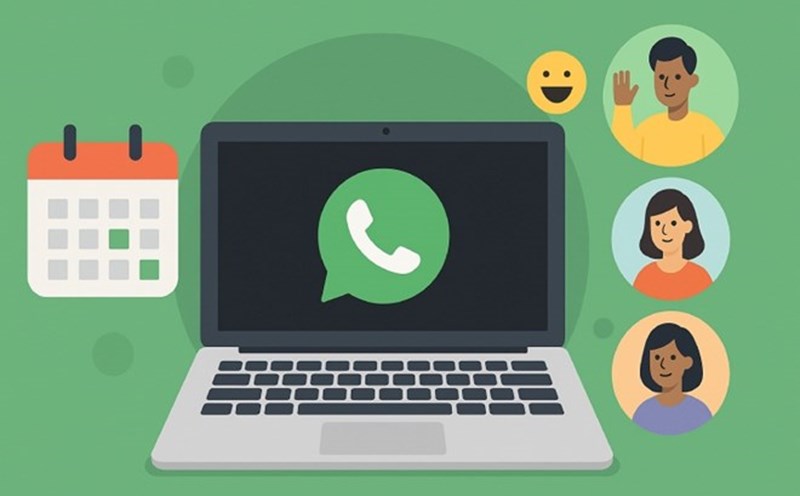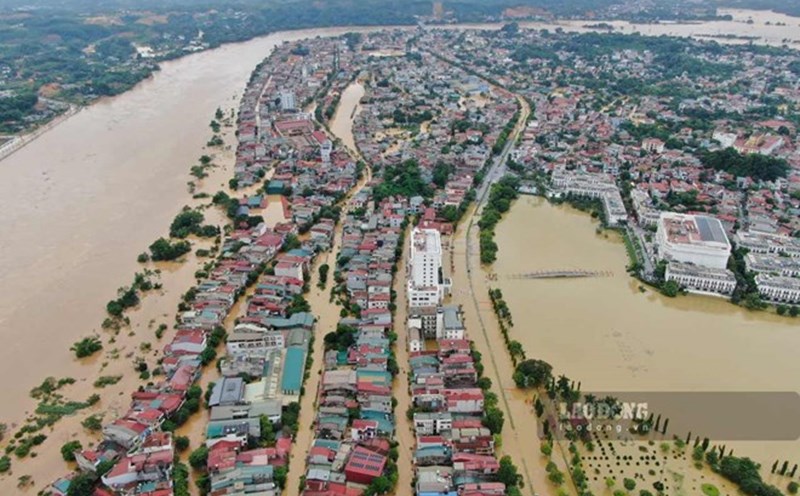Google has just announced details about the " Android Developer Verification" program, expected to be deployed from September 2026 and expanded to all eligible devices by 2027.
This is a step to tighten security, prevent the dissemination of malware, but also cause a lot of controversy in the application development community.
According to the plan, every time users install the Android application, the operating system will take a new step of testing through Android Developer Verifier, a developer verification system service.
If the application does not come from a developer that has been confirmed by Google, the installation process will be blocked. With popular applications, verification data will be saved in memory, allowing installation even without an internet connection. However, with less popular apps, the device will need to be online to complete this process.
Google confirmed that this change is not to remove sideloading, a feature that allows app installation from outside the Play Store, but only adds a layer of security to prevent bad actors.
The system will be reversed to older Android versions via Google Play Protect.
However, this move has caused a lot of controversy. Third-party application warehouses such as F-Droid believe that requiring developers to provide identification information to Google can terminate the operations of many open source projects. This raises concerns that Android will gradually become a closed ecosystem like iOS.
Google said it will offer students and individual developers a $25 registration fee to encourage participation.
However, being bound by the verification process still makes many developers worried about the freedom of application distribution, which is a traditional strength of Android.
With a balance between security and openness, the Android Developer Verification program will certainly be a big change, strongly affecting both users and the application development community in the coming years.









